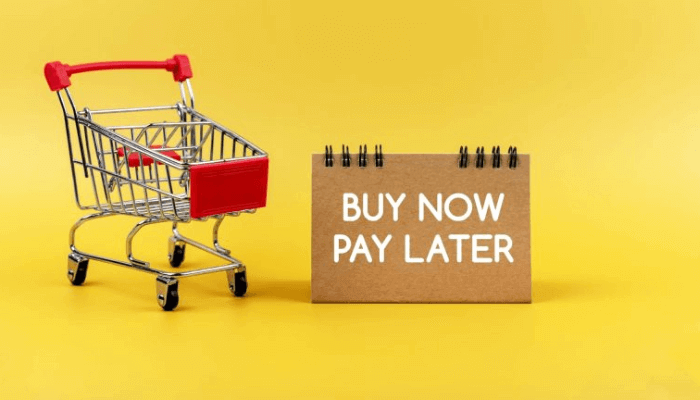Fintech growth fuels buy-now-pay-later market boom
Nigeria’s buy-now- pay-later (BNPL) market is on a growth trajectory, projected to rise from $1.42 billion in 2024 to $2.61 billion by 2030, driven by fintech growth, strategic partnerships, and enabling policies.
This will position BNPL as a tool for reshaping Nigeria’s credit landscape and boosting financial inclusion. Analysts believe that with coordinated efforts from fintechs, retailers, regulators, and service providers, BNPL could significantly enhance access to credit for millions of Nigerians while advancing the digital economy.
A ResearchAndMarkets report noted that the country’s market has been growing by 13.8 percent annually, and would reach $1.62 billion in 2025. Between 2021 and 2024, the market expanded at a 23.1 percent compounded annual growth rate (CAGR), with a projected 10 percent CAGR between 2025 and 2030.
“The integration of the buy-now-pay-later model has always been there. This model is not for those who don’t have regular jobs because it will be demanding in case of default,” Deji Olowe, chief executive officer of Lendsqr, said.
He stated that sellers lack assurance that buyers won’t default. “Unfortunately, banks don’t offer BNPL, and fintechs that do, such as microfinance banks and money lenders, don’t have access to the Global Standing Instruction (GSI).”
GSI, introduced by the Central Bank of Nigeria (CBN), allows banks to recover overdue loans from a borrower’s other bank accounts without consent, improving loan recovery efforts.
Read also: ‘Buy now, pay later’ market in Nigeria to hit $2.61 billion
Strategic collaborations, such as Jumia’s partnerships with BNPL providers, are expanding the footprint of deferred payment services across the country.
“The BNPL model is very attractive to the average Nigerian consumer, who is extremely price-sensitive. Consumers welcome payment solutions that allow them to delay payments but there is a need to manage who gets access to these services is crucial,” Uzo Uchenna, professor of marketing at Lagos Business School.
He emphasised the need for robust customer segmentation. “Not every consumer should have access to BNPL. Some may love the service but lack the income stability to meet payment terms due to economic volatility.”
Despite hiccups, EnterpriseNGR’s State of Enterprise 2025 report expects the Nigerian BNPL market to grow by over 83 percent in six years, due to fintech activity. “With more than 400 licensed digital lenders and improved remittance services under CBN’s 2024 guidelines, inflows rose from $2.33 billion in 2023 to $3.82 billion in 2024.”
As economic pressure persists and consumers increasingly seek flexible payment options, BNPL is poised to play a transformative role in Nigeria’s financial services landscape, it noted.
“The BNPL model’s future depends on businesses conducting proper due diligence. BNPL can thrive if used by consumers with strong credit histories, and if businesses can recover funds effectively when defaults occur,” Uchenna added.





